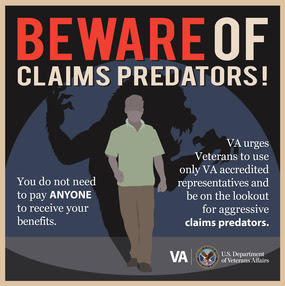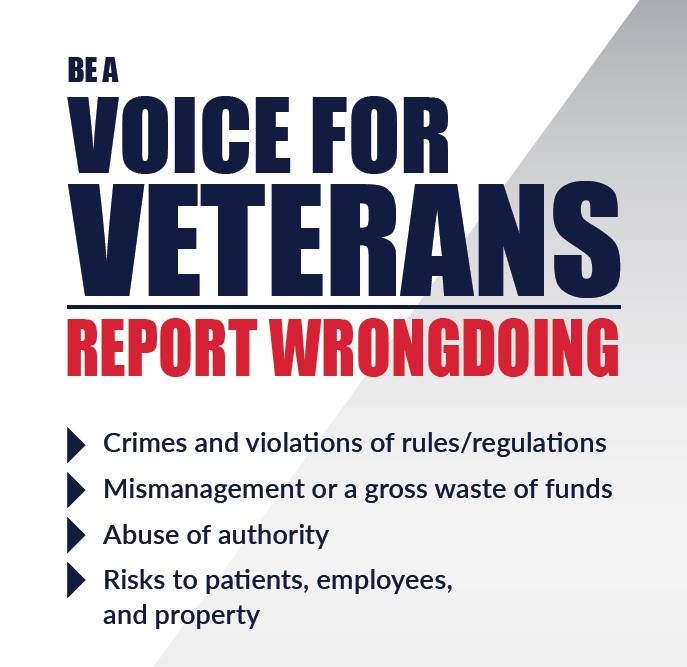- Home
- Psychologist & Psychiatrist C&P Examiners
- VIP Downloads
VIP Downloads
Welcome to your VIP Downloads page. This page contains all the documents you receive as a VIP Member of PTSDexams.net.
VIP Extras for Psychological Examiners
Depending on your browser settings and operating system, when you click one of the links below, the PDF document will either immediately start downloading, or it will open in a separate tab or window.
- Psych VIP Extra #1: C&P Exams for PTSD with a History of Pre-military Trauma (4-page PDF).
- Psych VIP Extra #2: What you should understand about malingering (3-page PDF).
- Psych VIP Extra #3: The first six pages of a guide I'm writing - Best Practice Recommendations for C&P PTSD Exams (8-page PDF), updated 1 August 2020.
- Psych VIP Extra #4: Secondary Service-Connection for Substance Use Disorders: Legal Framework (4-page PDF).
- Psych VIP Extra #5: Secondary Service-Connection for Substance Use Disorders: Selected Research Review (22-page PDF).
- Psych VIP Extra #6: MMPI-2-RF Validity Scale Statistics for Consideration in VA C&P Exams for PTSD (5-page PDF).
- Psych VIP Extra #7: A nice clean PDF version of the C&P Service Clinician's Guide.α
- Psych VIP Extra #8: Important Scientific Information About Schizophrenia (12-page PDF).
- Psych VIP Extra #9: Mental Status Exam (MSE) - Concise introduction and outline by Charlie Goldberg, M.D., UCSD School of Medicine (4-page PDF) + Mental Status Exam Resources - 3 recommended books and 2 online guides to MSE (1-page PDF).
- Psych VIP Extra #10: Informed Consent for Evaluation (Sample) - Not a VA Form - This is a generic, sample consent form based on the written form I had veterans sign when I worked at a VA C&P Clinic.
° Informed Consent Sample Form (PDF)
° Informed Consent Sample Form (TXT)
° Informed Consent Sample Form (Google Doc).
→ Feel free to adapt to your purposes and share with colleagues. Just be sure to emphasize that this is not an official (or unofficial) VA Form. - Psych VIP Extra #11: Recommended Reading List for Psych C&P Examiners - updated August 2020 - as a VIP member your receive Reading List updates before regular website visitors.
- Psych VIP Extra #12: Montreal Cognitive Assessment (MoCA) Update.
Footnote
α. Auer, Marjorie, Troy Baxley, Joseph Enderle, Caroll McBrine, and Lewis R. Coulson, C&P Service Clinician's Guide, version 3.0, ed. Lewis R. Coulson (Washington, D.C.: Dep't Veterans Aff., Veterans Health Admin., March 2002), 5–15, 181–217, 259.
VIP Extras for Everyone
- VIP Extra for Everyone #1: How to set up a Federal Register account and subscribe to meeting notices for the Advisory Committee on Disability Compensation.
- VIP Extra for Everyone #2: A nice clean (functional) PDF version of the C&P Service Clinician's Guide. [268-page PDF]
- VIP Extra for Everyone #3: Recommended Reading List for Psych C&P Examiners - updated August 2020 - as a VIP member your receive Reading List updates before regular website visitors. [16-page PDF]
- VIP Extra for Everyone #4: "Mental Disorders", chapter 14 of Physician's Guide for Disability Evaluation Examinations (1985). [11-page PDF]
Answers to the Quiz
(i) True or False? If a veteran reports a history of childhood abuse, then you should diagnose PTSD only if the veteran received a Purple Heart.
Answer: False. - See Secondary Service-Connection for Substance Use Disorders: Legal Framework to learn why.
(ii) True or False? If an examinee fails 2 out of 3 SVTs or PVTs, you should state in the exam report that he or she was malingering, and assign ICD-10-CM code Z76.5
Answer: False. - Failing two out of three symptom validity tests or performance validity tests is probably significant, but it does not necessarily mean a veteran is malingering. See What you should understand about malingering for more details.
(iii) True or False? Secondary service connection for substance abuse is rare because, per 38 C.F.R. § 3.301(d), an injury or disease shall not be deemed to have been incurred in line of duty, if such injury or disease was a result of a service member's own willful misconduct, including the voluntary consumption of alcohol or other drugs with a desire to experience intoxication.
Answer: False. - Although it might seem that secondary service connection for substance use disorders would be rare, there is important case law that one must consider. See Secondary Service-Connection for Substance Use Disorders: Legal Framework.
(iv) Question: Is there any scientific evidence for the self-medication hypothesis?
Answer: Yes, a lot. See Secondary Service-Connection for Substance Use Disorders: Selected Research Review.
(v) Question: During an Initial C&P exam for PTSD, you administer the MMPI-2-RF, and F-r = 115. Does that score mean the veteran is probably feigning, or is does the score represent a "cry for help"?
Answer: It probably represents significant distress, sometimes called a "cry for help". For example, in the study by Goodwin, Sellbom, & Arbisi (2013), F-r ≥ 118 had a Positive Predictive Power of only 0.61 at a 30% base rate. See MMPI-2-RF Validity Scale Statistics for Consideration in VA C&P Exams for PTSD for more information.
(vi) True or False: C&P exams for PTSD and other mental disorders are not forensic psychological (or psychiatric) evaluations because VA disability claim adjudication is a civil, not a criminal proceeding.
Answer: False. See the Recommended Reading List for Psych C&P Examiners for several articles that address this topic.
(vii) True or False: The C&P Service Clinician's Guide (2002) does not have anything to offer modern day examiners because it is so old.
Answer: False. When you review the Clinician's Guide on the pages indicated in the reference below, you will see why.
- Auer, Marjorie, Troy Baxley, Joseph Enderle, Caroll McBrine, and Lewis R. Coulson, C&P Service Clinician's Guide, version 3.0, ed. Lewis R. Coulson (Washington, D.C.: Dep't Veterans Aff., Veterans Health Admin., March 2002), 5–15, 181–217.
(viii) Imagine a veteran who filed a claim for service connection due to schizophrenia. The first time he was hospitalized for psychosis was 5 years after discharge. What factors would you consider if you were the C&P examiner?
Answer: You would want to see if the veteran exhibited prodromal signs or symptoms during military service or during his or her first year after discharge. See Important Scientific Information About Schizophrenia for more details.
(ix) Is there anything you can learn about conducting a mental status exam (MSE), or have you done so many, you've got it down almost perfectly?
Only you can answer this one, but I encourage you to not get complacent. See Mental Status Exam Resources.
Subscribe to receive new articles and other updates
What Do You Think?
I value your feedback!
If you would like to comment, ask questions, or offer suggestions about this page, please feel free to do so. Of course, keep it clean and courteous.
You can leave an anonymous comment if you wish—just type a pseudonym in the "Name" field.
If you want to receive an email when someone replies to your comment, click the Google Sign-in icon on the lower right of the comment box to use Google Sign-in. (Your email remains private.)
↓ Please comment below! ↓


